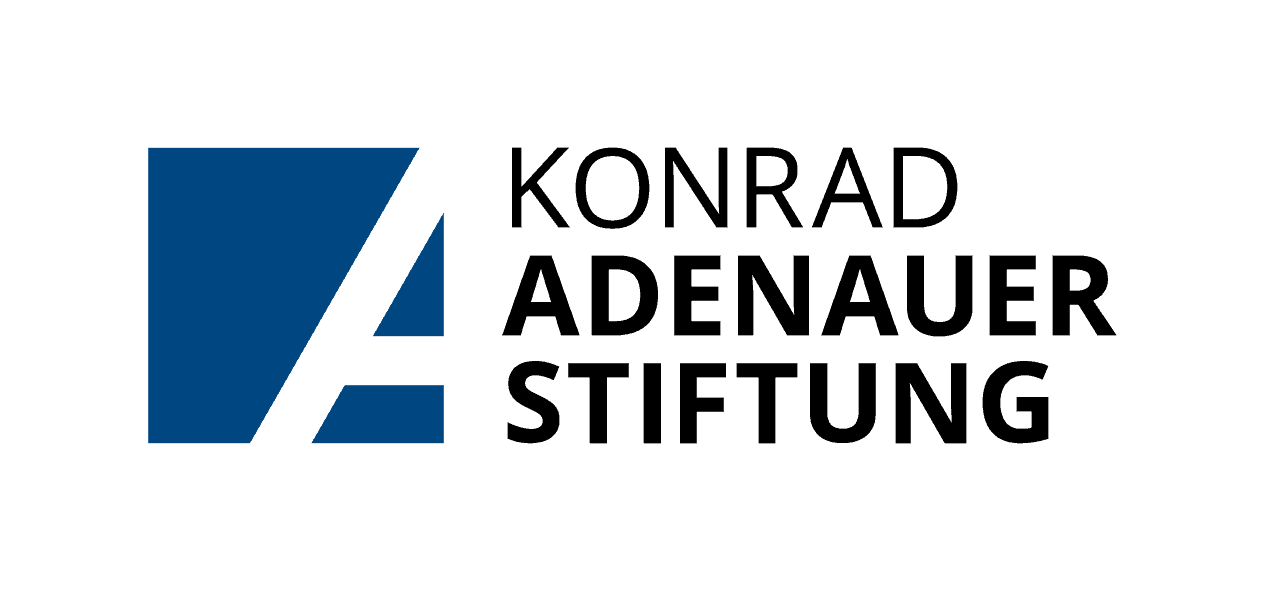An interview, like other acts of communication, is a two-way process. What you glean depends as much on you as on your interviewee. A good interview feels like a conversation, but is part of a strategy to get the answers you need.
Prior to the interview, you should thoroughly research the story subject and your source’s connection to it. This includes going through documents or articles that provide the background or history about your topic. In turn, this helps you to frame proper questions and guides you towards getting detailed explanations. Plan interviews with a range of people. Otherwise, you risk becoming dependent on only a few people, or sources far from the scene of action. For instance, you will find out more about how employers exploit employees when you go to a place where farm-workers, industrial workers or other blue-collar workers are being let go without compensation. You are unlikely to get such information by relying on staff from an NGO in a big city. Relate what you find on the ground to policy papers on the subject, or to official promises and budgets. Compare your findings with what has happened in similar places, or even at different times in history. This preparation enables you to ask relevant questions and elicit the information your story needs.

